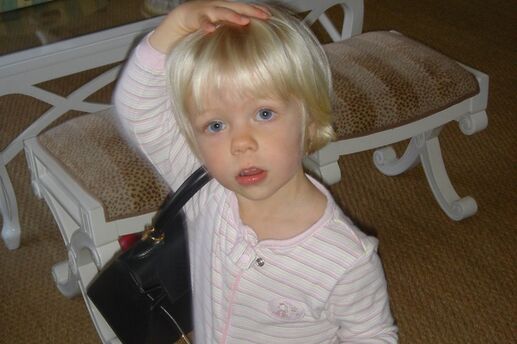Reading to Babies: Why Every Dad Should Take Part
Reading to their babies is one of the most powerful ways new dads can help shape their child’s life. Reading time deepens the daddy-baby bond, gives dads a chance to appreciate their baby’s latest milestones, improves their baby’s vocabulary and language development, and nurtures their imagination.
Fun reading tips for dads
Follow these tips to get the most out of reading time with your baby:
- Play with voice. Animate characters’ conversations by reading in exaggerated, funny voices and adding silly sounds (whoosh, zing, krrrplop) to make stories more exciting for your baby or toddler.
-
Bond beyond the book. Act out comic scenes from books and repeat funny phrases (e.g., “But not the hippo!”) during other times of the day to create inside jokes and revel in shared experiences.
-
Personalize the plot. Bring your child into the story by pausing to ask his opinion (e.g., “What do you think is going to happen to that basket of eggs?”). It shows you’re interested in your child’s thoughts and feelings and encourages him to pay close attention when you read.
-
Choose baby books you like. Not all dads are jazzed about Goodnight Moon or The Very Hungry Caterpillar. And that can be an advantage. While you might not have chosen Mike Mulligan and his Steam Shovels or Officer Buckle and Gloria for your son, for example, it could turn out to be a favorite. Getting Dad’s unique perspective on reading material can open up new worlds to your child.
-
Plan trips to the library or bookstore. Toddlers will look forward to these outings because they offer quality time with Dad. Letting your child choose from among three to four titles you’ve pre-selected will help him feel more invested and eager to explore the story.
-
Find a special reading spot. A comfy armchair, for example, can be a go-to spot for reading with your baby or toddler. Keep a stack of baby books -- including some picture books -- nearby to encourage spontaneous reading as well.
- Use a sticker chart. Charts that track your child’s progress with stickers help build excitement about the number of books you’ve read or the minutes you’ve spent reading together. (Let your toddler pick out the stickers -- princesses, pandas, or maybe gold stars.) When you reach a certain number, celebrate your progress! It could be a tea party, a trip to the playground, or an hour of uninterrupted playtime. Soon enough, the chart won’t be necessary because everyone will love reading for its own pleasures.




